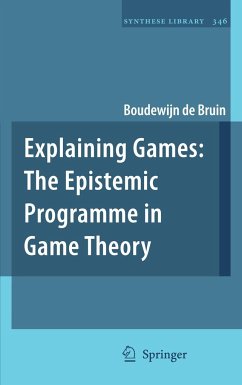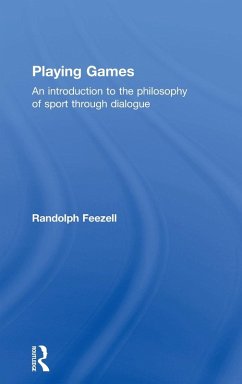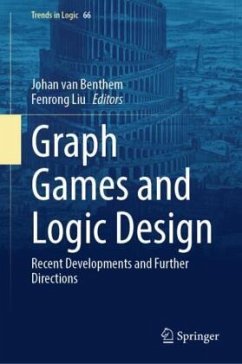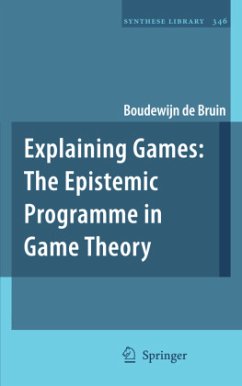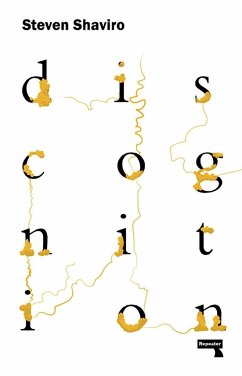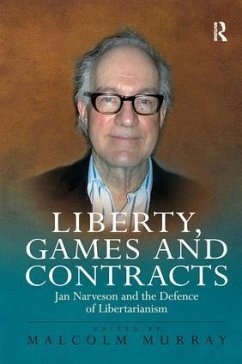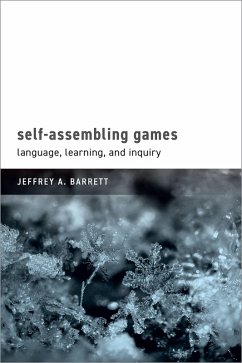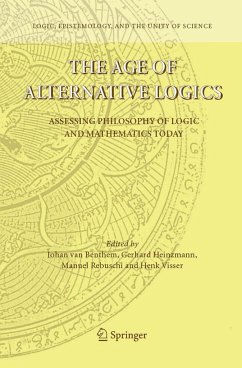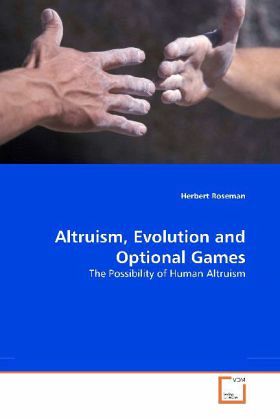
Altruism, Evolution and Optional Games
The Possibility of Human Altruism
Versandkostenfrei!
Versandfertig in 6-10 Tagen
52,99 €
inkl. MwSt.

PAYBACK Punkte
26 °P sammeln!
How can altruistic organisms that sacrifice their fitness to help their competitors survive natural selection? This book attempts to resolve this puzzle by showing that it stems from the questionable assumption that an altruistic agent necessarily performs selectively disadvantaged acts. Altruism can be selectively advantaged in social settings in which reputation is a criterion for selecting partners for transactionsThe book develops an analytically precise conception of altruism and a new version of the Prisoners Dilemma which allows for opting-out of transactions. The analysis develops crit...
How can altruistic organisms that sacrifice their fitness to help their competitors survive natural selection? This book attempts to resolve this puzzle by showing that it stems from the questionable assumption that an altruistic agent necessarily performs selectively disadvantaged acts. Altruism can be selectively advantaged in social settings in which reputation is a criterion for selecting partners for transactionsThe book develops an analytically precise conception of altruism and a new version of the Prisoners Dilemma which allows for opting-out of transactions. The analysis develops criteria for the frequency and magnitude of altruistic acts that enable altruistic agents to invade and persist in populations of cooperators and egoists. Also investigated is the implicit assumption of all models (including the ones in this book) that analyze the evolution of pro-social behaviors: there are groups of individuals with sufficient cohesion to enable a large number of interactions. The book presents a computer simulation based upon the foraging behavior of the great apes that studies the conditions for formation of such coalitions from independent, egoistic organisms.




